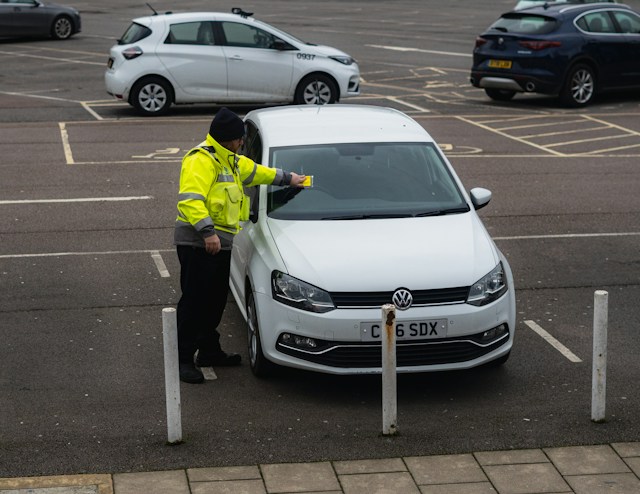No matter how experienced or careful you are as a driver, getting a traffic ticket is inevitable. Maybe you were going slightly over the speed limit, or you unintentionally took a wrong turn, and that resulted in a traffic ticket. When you receive tickets for moving violations, paying the fine is not the only expense you have to bear. Traffic tickets can also increase your insurance rates as well as add points to your driving license.
Fortunately, you are not obligated to pay the fine. But that’s only possible if you get the ticket dismissed in traffic court. In this post, we’re sharing everything you need to know about getting and beating a traffic ticket. Take a look.
Are All Traffic Violations the Same?
No, not all traffic violations are the same. Broadly, traffic violations can be classified into minor and serious offenses. For example, if you were caught speeding or running a red light, it would be considered a minor violation. Such offenses are typically handled in traffic court.
On the other hand, cases of serious violations such as hit and run or driving under the influence (DUI) go to criminal court.
How Are Traffic Tickets Issued?
If an officer catches you speeding, running a stop sign, driving recklessly or committing any other offense, they will ask you to pull over and issue a ticket. Moreover, your vehicle going over the speed limit may be caught on a speeding camera, and you’ll receive a traffic ticket via mail.
What Are the Options To Keep the Violation Off Your Record?
As mentioned before, paying for the ticket is not the only challenge. The ticket will become a permanent part of your driving record and increase your insurance rates. If you don’t want points on your license or hiked-up insurance rates, you have the option to attend traffic school.
Alternatively, you can fight the ticket and get it dismissed. Apart from keeping your driving record clean, this option allows you to avoid costly fines. There are reliable apps out there that make fighting a traffic ticket an easy process. All you have to do is share all the details along with relevant evidence, and the experts will handle the rest.
For minor offenses, hiring an attorney doesn’t make sense. However, if you are unable to make time for traffic court, an attorney can go to court for you.
Can You Represent Yourself In Traffic Court?
Yes, you can represent yourself in a traffic court. Since traffic courts are less formal compared to other courtrooms, you can present your case and supportive evidence. However, if you have committed a serious offense, it would be better to seek an attorney’s expertise.
What Are the Consequences of Not Paying Traffic Tickets?
Ignoring your traffic ticket isn’t going to make it go away. The more you delay dealing with it, the more expensive the fine becomes. Apart from additional fines, you risk getting your community service, possible jail time, and a suspended license plate. That’s why it’s crucial to take action. Whether you want to pay the fine or contest the ticket, make sure you do something about it.
Do I Have To Pay for a Ticket Even If I’m Not a Resident?
Yes. Whether you reside in the state or not, you are obligated to pay the fine if you’re not planning to contest the ticket. Again, you cannot afford the consequences of ignoring a traffic ticket, as previously mentioned.
The Bottom Line
Being a first-time traffic ticket receipt, you may assume that there’s no option but to pay the fine. But that’s not true! You have the right to dispute the ticket. Hopefully, the above-mentioned tips give you an idea about your various options.

